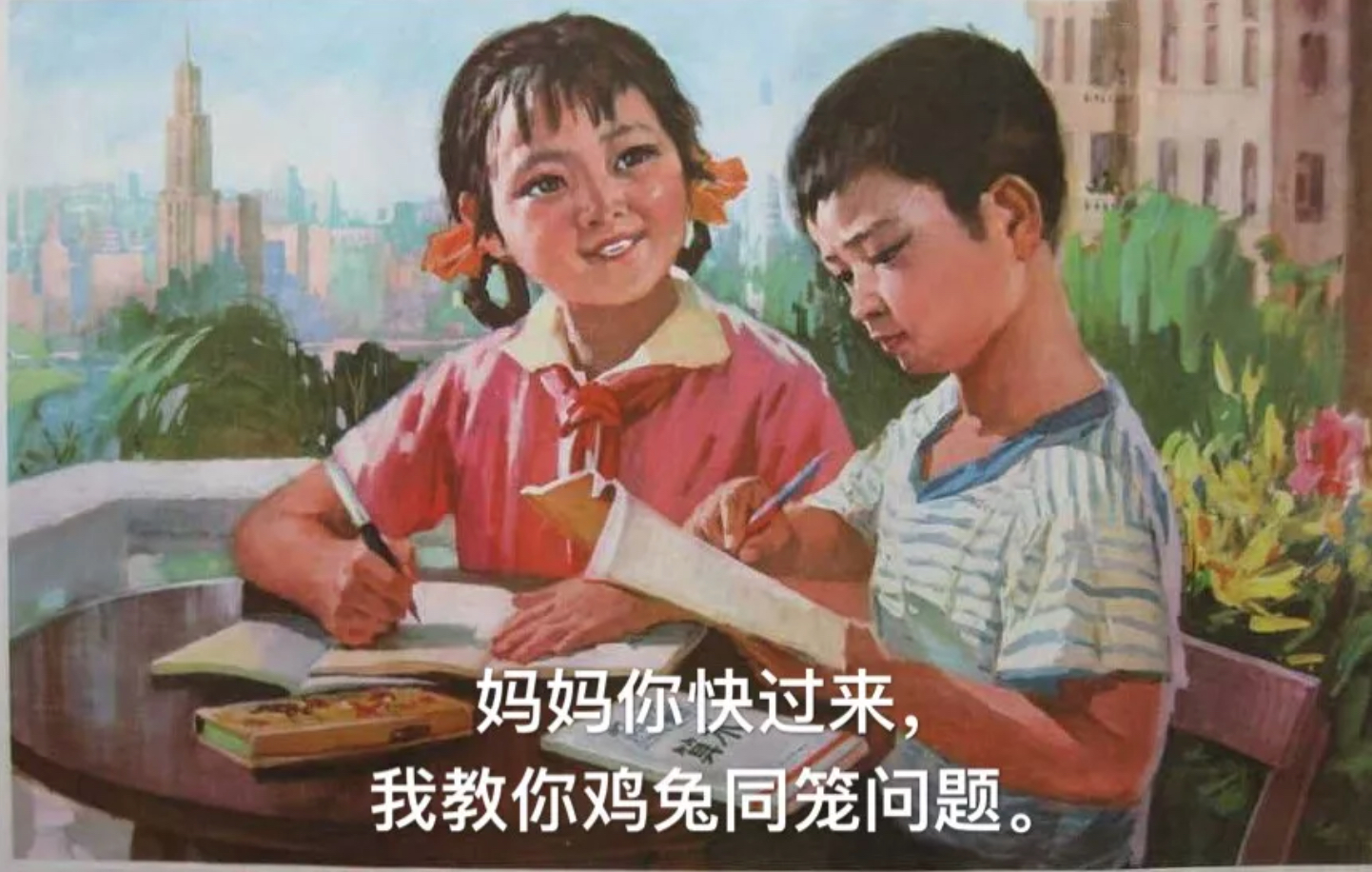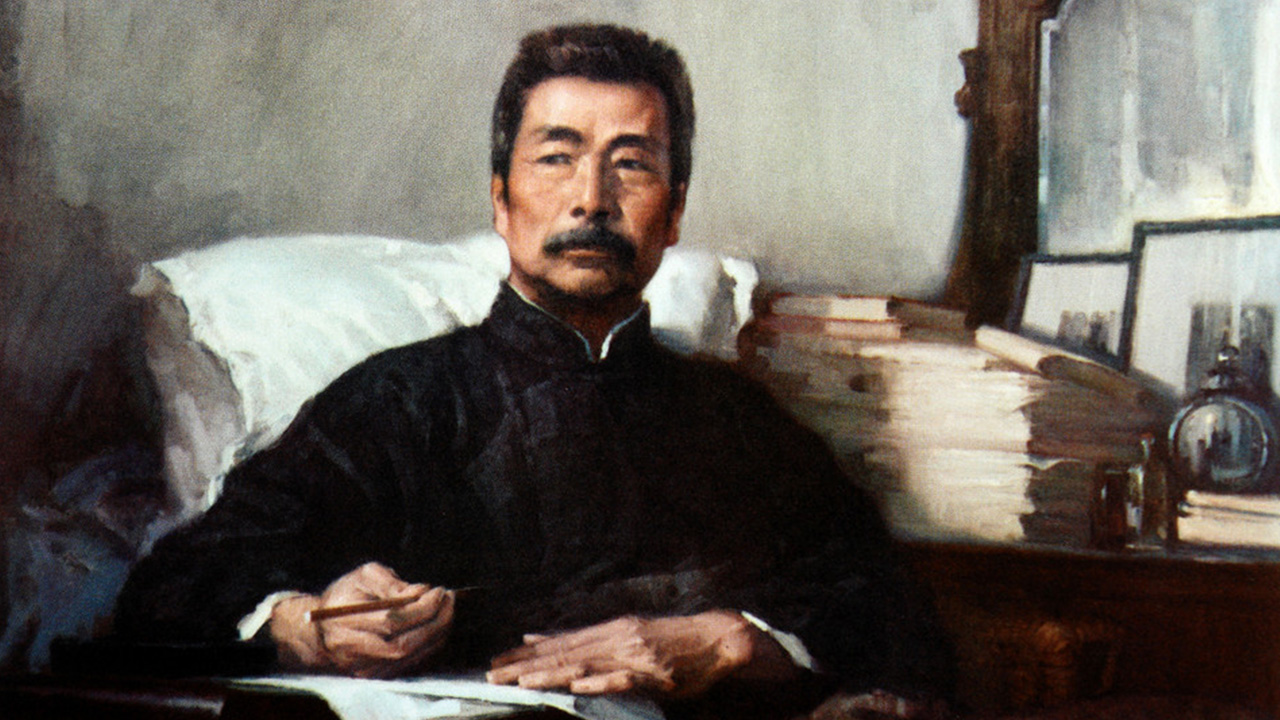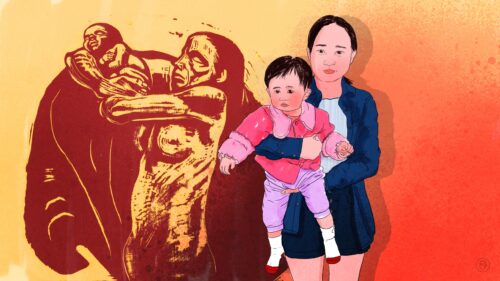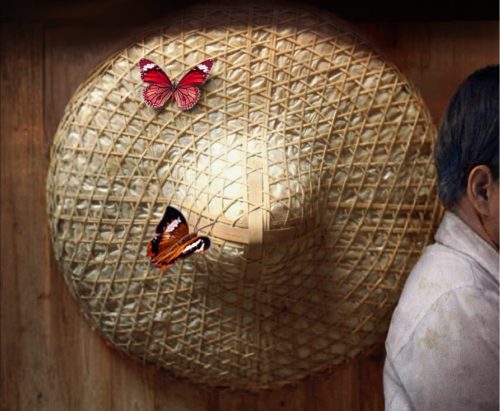Chinese Corner: Blame for China’s demographic time bomb, neurotic parents, and a Lu Xun comic
Chinese Corner: Blame for China’s demographic time bomb, neurotic parents, and a Lu Xun comic

Who is to blame for China’s population crisis?
人口列车是怎样失控的 rénkǒu lièchē shì zěnyàng shīkòng de
How did the population train run off the rails?
By 刘喜 Liú Xǐ
September 14, 2018
China has entered a critical phase to turn around its continuously declining birth rate and rapidly aging population. Aware of the problem and its potentially disastrous impact on the nation’s economic growth, the central government has issued a host of policies that aim to persuade young people to reproduce. These same young people are often portrayed in state media as selfish individuals unwilling to help their country at this moment of crisis.
While the current conversation is largely centered on who should is responsible for saving China from a crippling demographic crisis, it’s important to acknowledge that the problem is the result of years of policies to discourage childbirth, including financial penalties on people who violated birth regulations, state-enforced contraception, and even forced abortions enacted by millions of family planners.
This article 人口列车是怎样失控的 chronicles the troubling history of China’s family planning bureaucracy. The author says it expanded at an unchecked rate and existed much longer than it should have.

The new generation of Chinese parents are more neurotic than ever
你们是我带过的最差的一届家长 nǐmen shì wǒ dàiguò de zuì chà de yī jiè jiāzhǎng
“You are the worst generation of parents I’ve had to deal with”
By 格十三 Gé Shísān
September 12, 2018
This is a tongue-in-cheek essay by a typical Chinese mother, who speaks for the new generation of Chinese parents who devote their lives to their children’s educational advancement.
They whine about the excessive amount of homework assigned by teachers while picking up new textbooks to tutor kids at home. They complain about the exorbitant price of extracurricular courses while sending their children to an endless array of expensive programs. They participate fervently in parent-teacher WeChat groups, seizing every possible chance to flatter the teachers, while enduring constant criticism from the teachers about their misuse of energy.
Quoting from the article:
It now occurs to teachers that the biggest difference between this generation of parents and the previous one is that before, parents were mostly uneducated so they let teachers take the reins. But now, teaching kids with educated parents is not necessarily a good thing. They have no idea how to help and often end up causing more trouble for teachers. Moreover, they have trouble controlling their worries and just relaxing. They become very stressed and anxious when thinking about their kids’ academic performance and school selection.

Yale graduate fails to revolutionize Chinese countryside
“耶鲁村官”秦玥飞遭遇信任危机 yélǔ cūn guān” qín yuè fēi zāoyù xìnrèn wéijī
“Yale Village Official” Qin Yufei suffers a crisis of trust
By 王宇 Wáng Yǔ and 杜茂林 Dù Màolín
September 23, 2018
When Qin Yuefei 秦玥飞 graduated from Yale University in 2011, he made an unusual decision to return home and become a grassroots village official in Hunan Province, hoping to assist rural entrepreneurs in selling their products on digital platforms. As founder of Serve for China, a nonprofit established by a group of Yale graduates who share the same vision, Qin was widely lauded as a honorable young man on a noble course.
But after seven years, a recent article questioning Qin’s work ethic and accomplishments went viral on the internet. Written by a former colleague at Serve for China, the article accuses Qin of false publicity, embezzlement, extravagant spending, and — most importantly — bringing no substantial improvement to the village he’s working for.
While Qin denies most of the accusations in an open letter, he admits that he has failed to revolutionize the village’s economy. He says that it’s way more difficult than he had imagined to realize poverty alleviation in rural China through industrial reforms.
Why? As a retired village official told authors Wang Yu and Du Maolin, “These university graduates have been disconnected with China’s countryside for so long that they will never understand what’s going on in the villages and what farmers are thinking.”

Learning caustic criticism from Lu Xun, in comic form
要想学怼人,就找周树人——鲁迅 yàoxiǎng xué duì rén, jiù zhǎo zhōu shùrén -— lǔ xùn
“If you want to learn to hate people, study from Zhou Shuren” — Lu Xun
By 周国平 Zhōu Guópíng
September 14, 2018
One of the chief appeals of Lu Xun 鲁迅, a prominent figure in modern Chinese literature, is that the vast majority of his arguments and scathing critiques never feel outdated, and even sound more refreshingly on point in a contemporary setting. This is a practical guide, in comic book form, to using some of his classic quotes, if one ever feels the impulse to savage someone in real-life situations.








